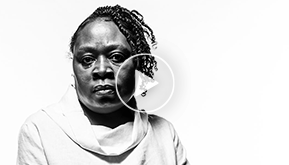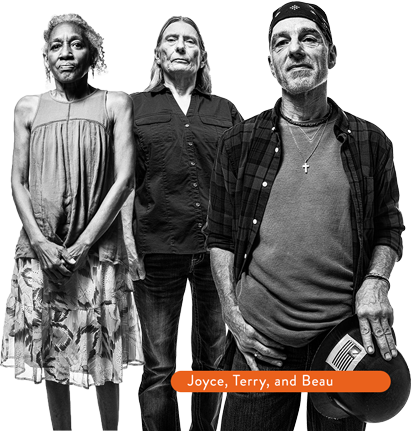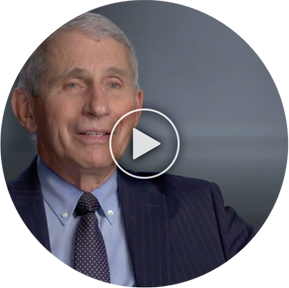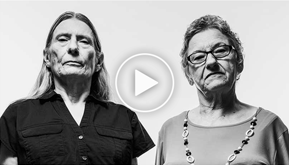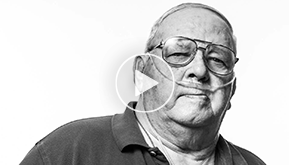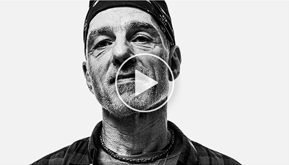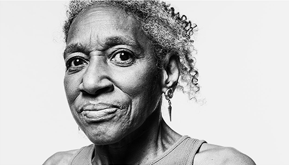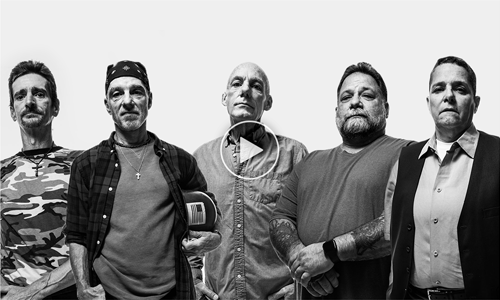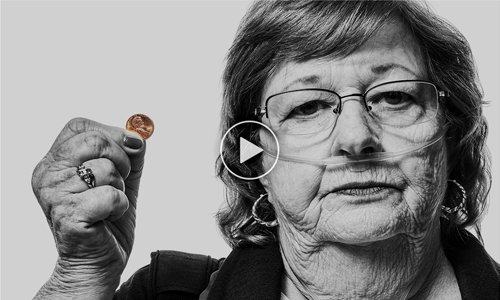COVID-19 AND COPD
IN THE MIDST OF ONE CRISIS, WE'VE OVERLOOKED ANOTHER.
We know we face a crisis with COVID-19. We’ve been fighting hard. But along the way, we’ve lost sight of a crisis within this one: millions with COPD, a life-threatening lung disease, are being left undiagnosed and unprotected.
Most people know COPD by other names—like emphysema or chronic bronchitis. It's a chronic lung condition that gets worse with time, and makes those who suffer from it feel like they can never catch their breath.
By the time many people receive a COPD diagnosis, they've already lost nearly half of their lung capacity. That's why early diagnosis is critical.
But there's hope. With early detection, treatment, and research, lives can be improved.
